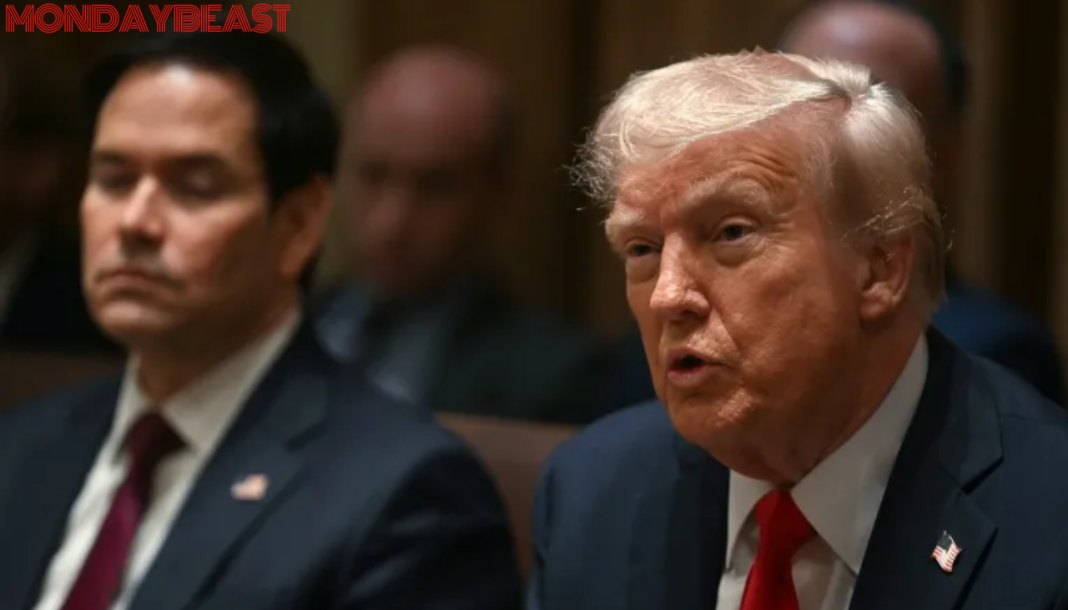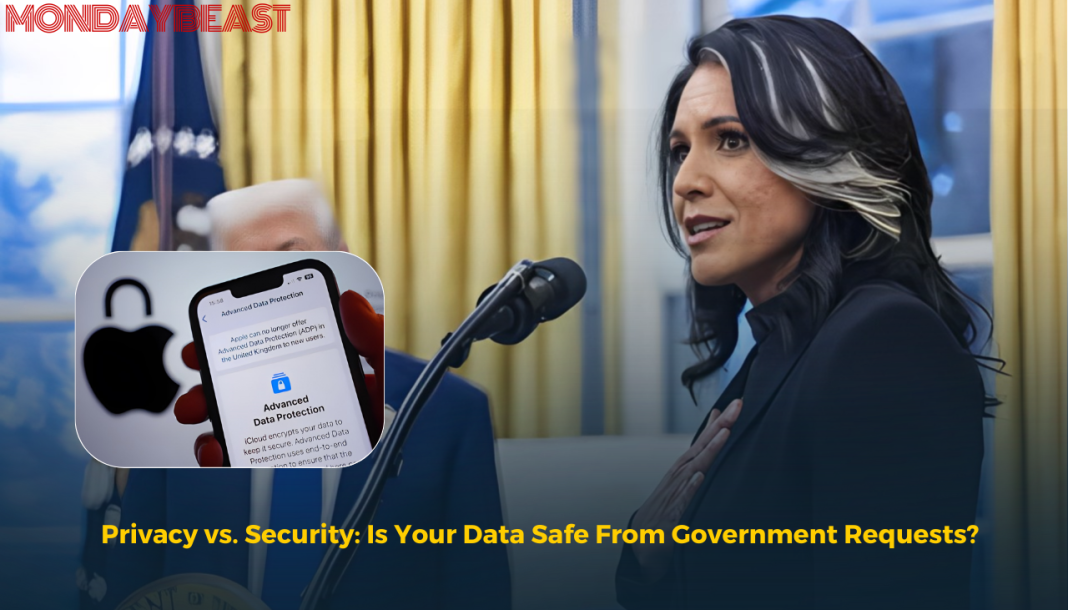The Tariff Threat Looms
Trump is at it again. This time it’s a bold threat of a 25% tariff on imports from the European Union. At a cabinet meeting, he claimed the EU was created to “screw” the United States. Strong words, no doubt. But what does this mean for everyday Americans? Cars, farm products, and other imports could be impacted.
Some people might be asking, why now? The US and EU have had a rocky relationship, especially over trade. Trump’s fixation on perceived unfair practices has driven him to lash out. The 10% tariff the EU imposes on US cars is four times the tariff we apply to European passenger cars. It’s no surprise he sees this as a double standard. But what about pickup trucks? The US applies a whopping 25% tariff there. So, who is being unfair in trade?
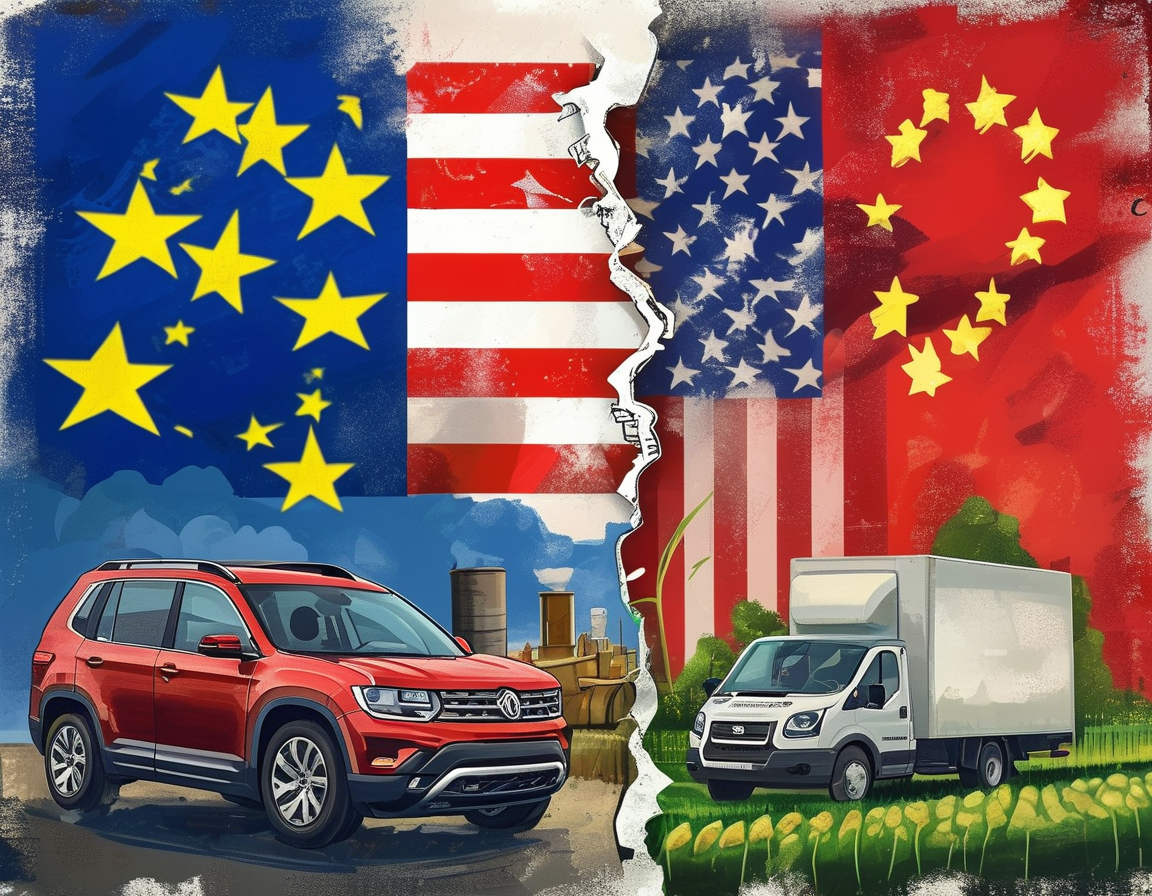
Trump’s comments ignited immediate backlash from the European Commission. They emphasized the EU has benefited American businesses and consumers. They promised to respond with measures of their own against unjust tariffs. So the question arises: will this escalatory spiral only deepen divides?
A Historical Perspective
Carl Bildt, Sweden’s former prime minister, weighed in. He expressed disbelief at Trump’s interpretation of history. He noted the EU was established to prevent further wars in Europe. So when Trump frames it as a plot against the US, it just feels wrong. How often do we question narratives that frame one side as a villain?
In another light, one must wonder what future relationships among Western allies might look like. Trump’s foreign policy has raised eyebrows. His friendly gestures towards Putin and critical comments about NATO have created uncertainty. It can make one feel uneasy, can’t it?
Implications for NATO and Security
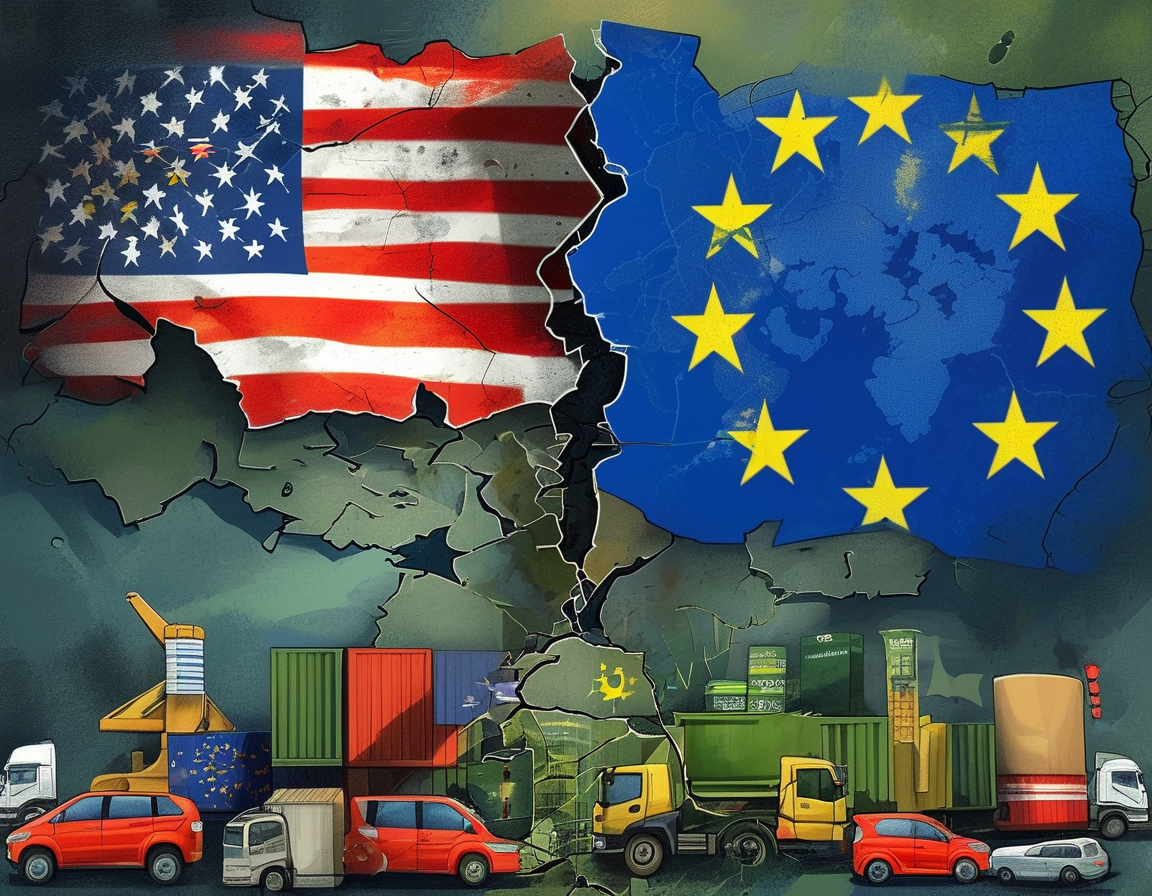
The issue isn’t just about trade; it spills into security. There is a palpable concern about NATO’s future. Friedrich Merz, Germany’s chancellor-in-waiting, said Europe must achieve independence from US influence. This sentiment resonates with many Europeans. Is their future now tied to their relationship with America?
But US Secretary of State Marco Rubio downplayed these fears. He insisted NATO isn’t in jeopardy, but questioned Europe’s willingness to invest in its own military. It can feel frustrating to think of rich countries hesitating in their commitment to defense. Shouldn’t national security be a top priority for all nations?
Ultimately, the stakes are high. While Trump’s tariffs are about trade, they speak to larger issues. Trade relations are not mere numbers; they’re personal and emotional. Families depend on imports for their livelihoods. When politicians play the trade game, does anyone think of the people behind the policies?
The Road Ahead
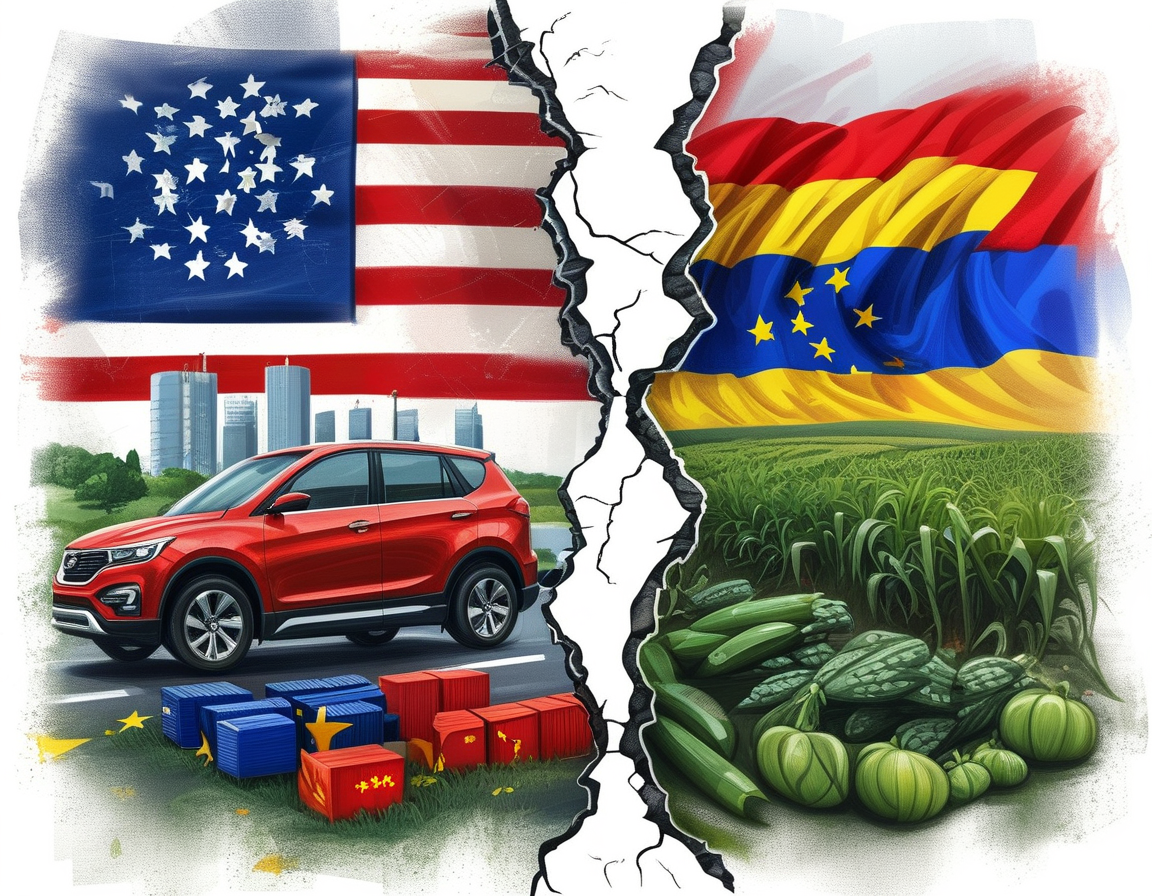
As we look ahead, the question remains: how will this unfold? Will the US and EU find common ground or deepen their rift? Doubt and uncertainty are lurking on the horizon. When trade barriers rise, it usually hits the ordinary person hardest.
In a world so interconnected, can we afford to let tariffs dictate our relationships? As Americans, we need to think about the implications of these policies. Trade is more than economics; it’s about unity and understanding.
So, as this situation develops, let’s keep our eyes open and voices raised.

